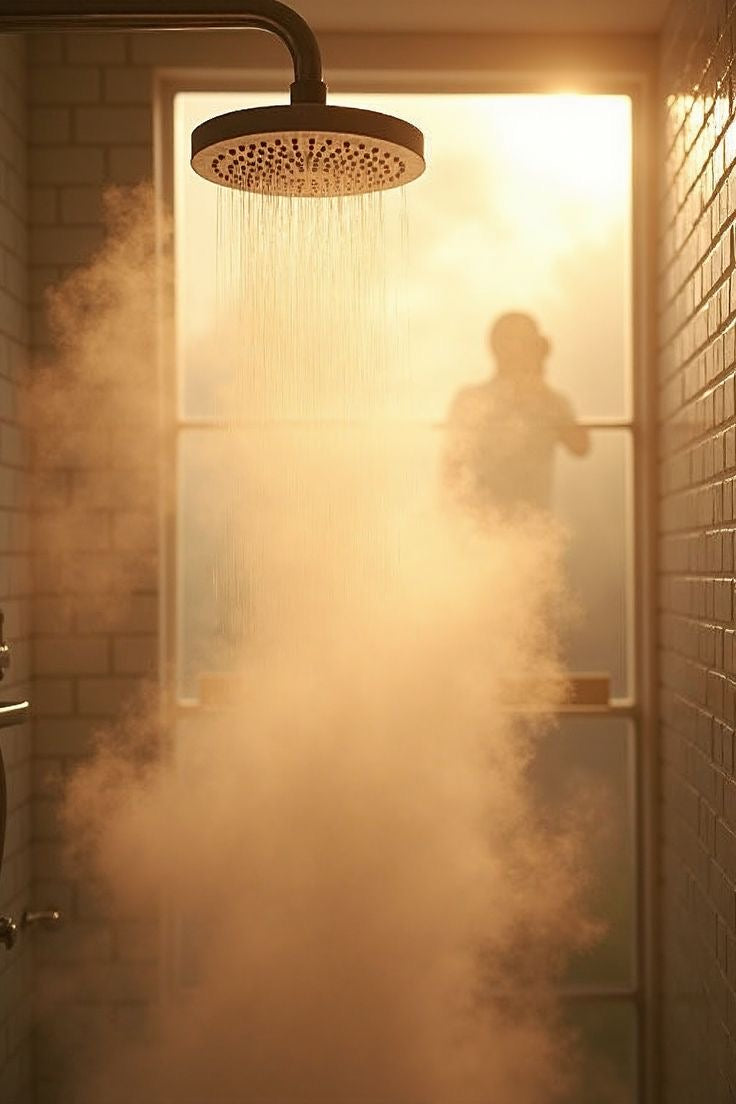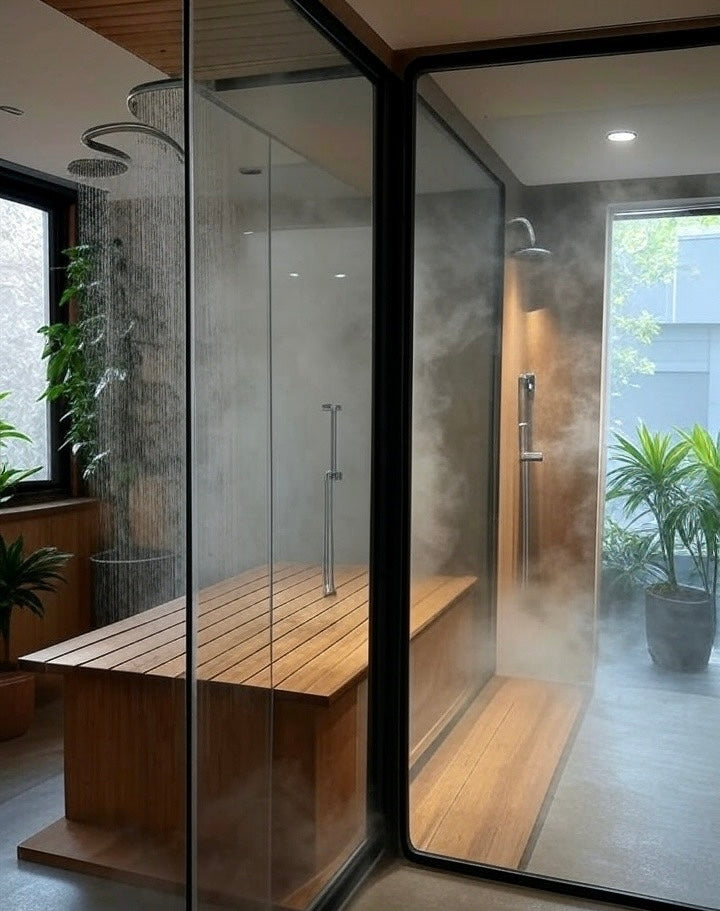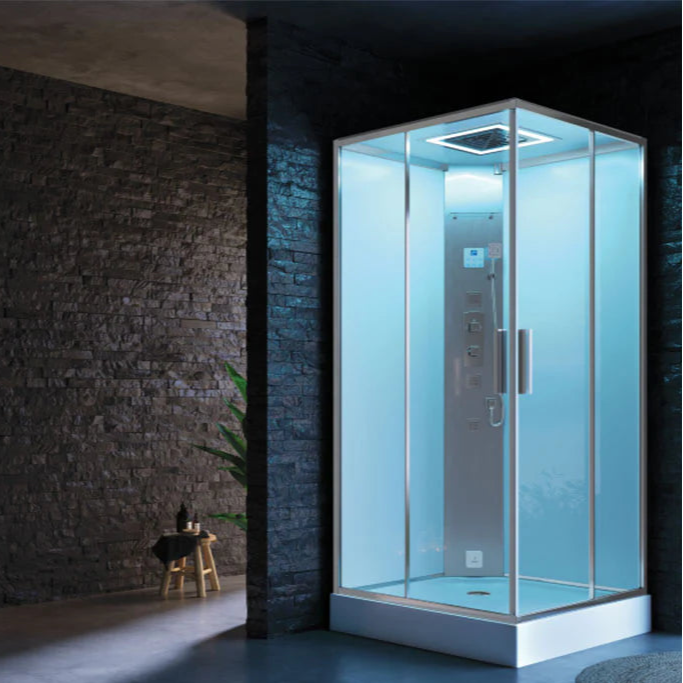Ever feel like anxiety's got you in a chokehold? Turns out, an Ice Bath might be your unexpected ally. Short answer: Yes—Cold Plunge can help with anxiety by calming your nerves and lifting your mood. Stick around to learn how a Cold Plunge Tub chills stress, not just muscles.

The Scientific Basis: How Cold Plunge Impacts Anxiety
Neurochemical Responses to Cold Exposure
The Role of Norepinephrine, Dopamine, and Endorphins in Mood Regulation
Cold exposure gives your brain a quick chemical shake-up. It increases levels of norepinephrine, dopamine, and endorphins—natural mood-boosters that help reduce anxiety.
These chemicals improve alertness and focus, while promoting a sense of well-being. It’s one reason people often feel more energised and positive after an Ice Bath Tub session.
This chemical shift is short-term, but with regular exposure, it may support longer-term mood stability.
Managing Cortisol Levels and Stress Hormones
Cold plunging may help lower cortisol—the hormone most linked to stress and anxiety. When cortisol drops, you tend to feel calmer and more in control.
This hormone regulation makes Cold Plunge Tub sessions useful after stressful days or anxious moments. It supports a reset of your body’s stress response.
The Nervous System Connection
Activating the Vagus Nerve and Parasympathetic System
Cold immersion stimulates the vagus nerve, which helps control the body’s rest-and-digest mode. This activation lowers your heart rate and eases tension.
It shifts you away from fight-or-flight and into a calmer state. That’s especially helpful during periods of anxious overthinking or high-stress spirals.
Even short, controlled cold exposure can bring this soothing effect.
Training the Body's Stress Response and Building Resilience
Regular Cold Plunge use teaches your body to handle stress better. Each session pushes your limits slightly, but also strengthens your response.
Over time, your nervous system adapts. You become more tolerant of discomfort, and everyday stressors feel less overwhelming.
This is why cold exposure is sometimes described as “mental weightlifting”.
Psychological Benefits of Cold Water Immersion
Enhancing Mental Clarity and Focus
That icy jolt clears your head—fast. Cold plunges bring immediate focus by snapping you into the present moment.
Many users say they feel more alert and mentally sharp straight after. It can be a quick fix for brain fog or mental fatigue.
This mental refresh is part of what makes Cold Plunge so addictive.
Improving Overall Mood and Well‑being
The cold stimulates endorphins, helping you feel good—naturally. These are the same chemicals released during exercise or laughter.
They don’t just mask anxious feelings—they replace them. After a plunge, many people report feeling calm, uplifted, and more emotionally balanced.
With consistency, this contributes to better overall mental health.
Practical Guide and Considerations for Cold Plunging

Getting Started Safely with Cold Plunge Therapy
Cold Showers as an Entry Point to Cold Exposure
New to the cold? Start small. Cold showers are a great way to ease in.
Begin with 30 seconds to a minute at the end of your warm shower. Build up to longer exposure gradually.
Once you're confident, you can move on to a Cold Plunge Tub or Ice Bath Tub. Aim for water temperatures between 10–15°C, with initial sessions lasting 1–3 minutes.
Breathe slowly and calmly as you enter the water. Controlled breathing makes the shock manageable and safer.
Other Tips and Precautions
-
Consistency matters – Aim for 3–4 sessions per week.
-
Breathing is key – Inhale slowly, exhale longer.
-
Watch for warning signs – Get out if you feel faint, dizzy, or overly cold.
-
Medical checks – Speak to a GP if you have heart conditions, circulation problems, or Raynaud’s.
-
Holistic approach – Use alongside other habits like sleep, nutrition, and exercise for full benefit.
Conclusion
So, can cold plunge help with anxiety? Yes—it can. When done correctly, it helps regulate stress, lift your mood, and sharpen focus.
From a burst of endorphins to training your nervous system, it’s a surprisingly effective tool for mental well-being. Just start slowly, stay consistent, and make it part of your bigger wellness routine.
Takeaways
-
Cold Plunge eases anxiety by shifting your body into calm mode.
-
It boosts feel-good chemicals like endorphins and dopamine.
-
Mental clarity and stress resilience improve with regular use.
-
Start small with cold showers, then work up to full plunges.
-
Always listen to your body and consult your doctor if unsure.






